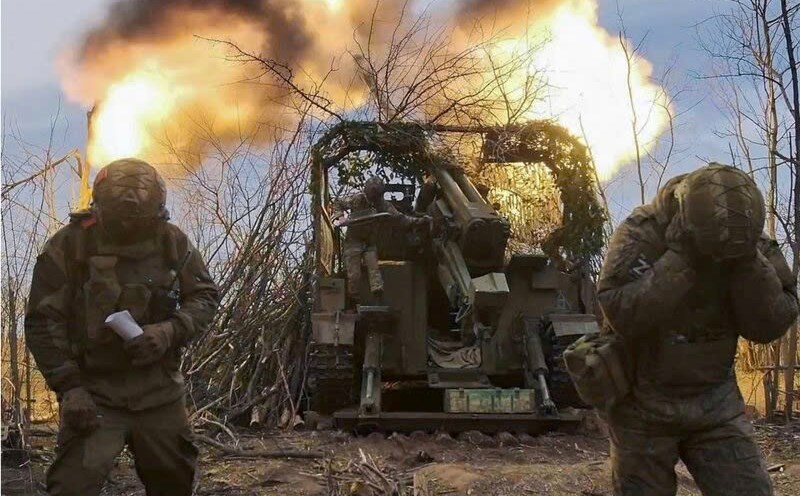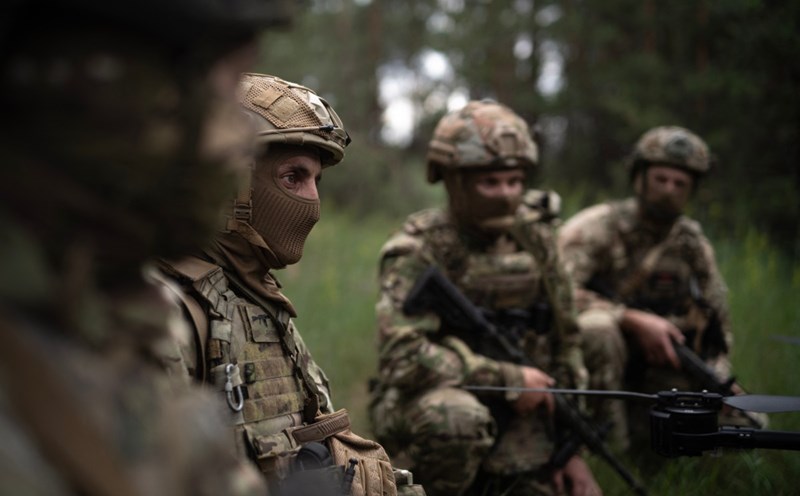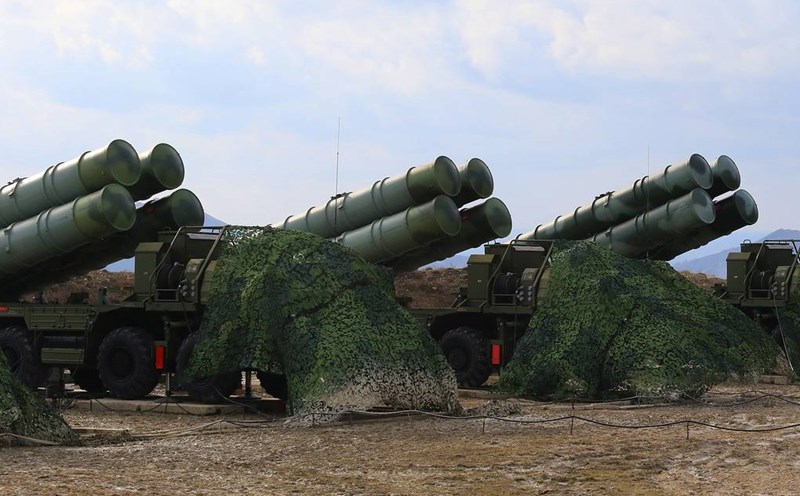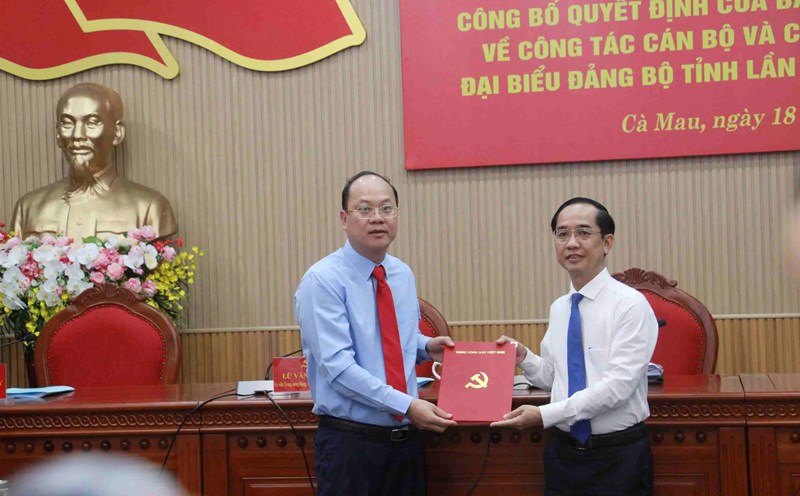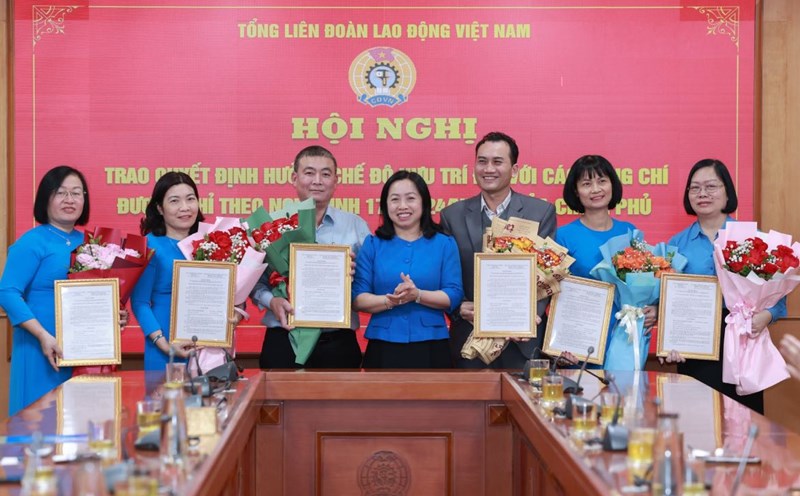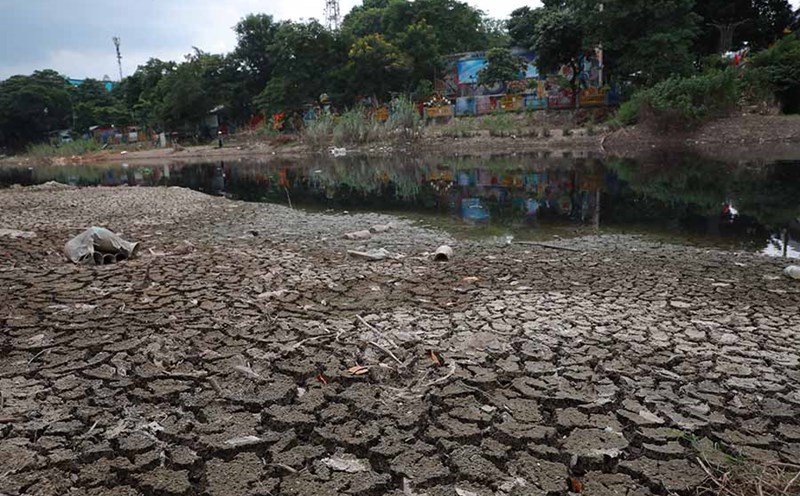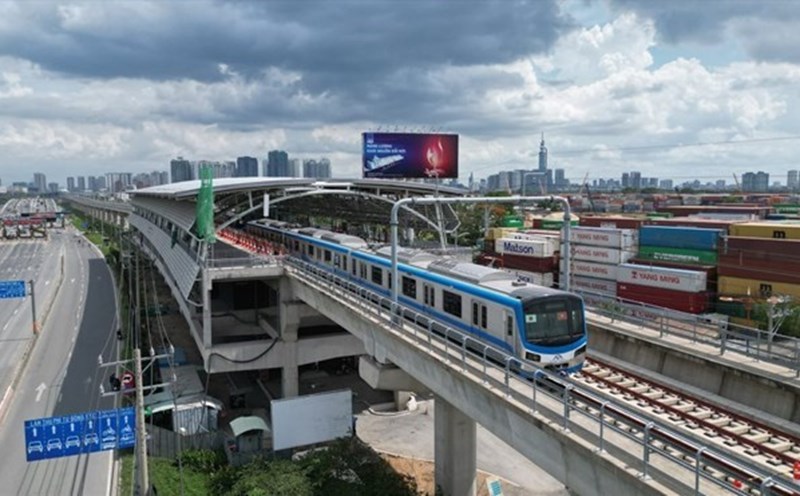During a phone call on September 16, Russian President Putin sent birthday wishes and praised Mr. Modi for his efforts to strengthen the special strategic relationship between New Delhi and Moscow. Mr. Modi responded that he would continue to maintain the Special Strategy and Power relationship between the two countries, while affirming that India was ready to contribute everything to help Ukraine have a peaceful solution.
Mr. Modi has repeatedly emphasized that foreign trade and dialogue is the only way to end the conflict, not violence. Some sources said that in other contacts and discussions with Ukraine and the West, Mr. Modi also raised the issue of ceasefire as a necessary thing for reconciliation.
The relationship between India and Russia has long been considered "special" for many reasons: Oil purchases at discounted prices from Russia, military-technical-energy cooperation and a history of attachment since the Soviet era. However, the import of Russian oil and maintaining close relations with Moscow have caused New Delhi to be criticized by the US and European countries.
One note: Mr. Modi also spoke with US President Donald Trump the day before, where he expressed support for the peace initiatives that the US side has put forward. Mr. Modi's role as a diplomatic intermediary, holding simultaneous talks with Russia and the US, shows that India wants to affirm its position in the international picture of tensions over Ukraine.
However, the Indian Prime Minister's commitment to peace will hardly be seen as absolute neutrality. India's continued import of oil from Russia, military or diplomatic activities with Moscow has raised suspicions that the country is seeking to balance its interests rather than entirely leaning on the US or the West.
Internationally, the EU has recently proposed strengthening relations with India in areas such as technology, trade and security, despite differences in views with Russia.

